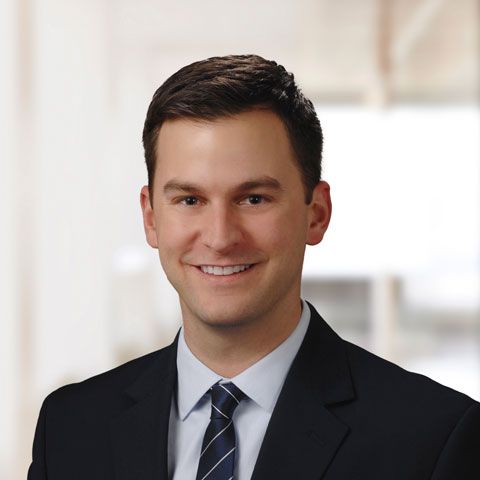MONTEREY, Calif. (BRAIN) — John Bastian is bullish on the long-term prospects for the global bicycle industry. But he's cautious on its short-term prospects as world events roil the marketplace. Speaking at the recently concluded Sea Otter Classic Summit, Bastian, director of Baird's outdoor products sector, used a slide to offer some perspective on the financial scope of the industry — a $70 billion global sector. And, he noted, cycling is the second highest participatory activity in the U.S., with only hiking ranking higher.
Baird, however, said the current environment for mergers and acquisitions is suffering from the ongoing war in Ukraine, persistent inflation, fears of a recession, higher interest rates, and turmoil in the small to midsize banking market best highlighted by the sudden collapse of Silicon Valley Bank. In short, he said in a brief interview, "Investors are sitting on a lot of dollars."
A multinational investment and financial services company, Baird has been involved in a number of major acquisitions over the last two years. The most prominent, perhaps, was the sale of Fox Racing to Vista Outdoor — a $540 million deal. Baird also guided the sale of Simms, a fly fishing company, bought by Vista Outdoor for $192 million. Baird also served as a financial advisor in the sale of the Vittoria Group to Telemos Capital and the purchase of PrimaLoft by Compass Diversified.
Despite financial headwinds blowing across all markets, Baird is "bullish" long-term on investments in the "mobility" market, a phrase seen often in Europe but less so in the U.S., Bastian said. He noted in a series of slides that the cycling and outdoor markets tend to be "recession resilient;" participation rates appear to be higher than pre-COVID numbers; and trends in the electrification of wheeled products is accelerating. "People want to spend more time on their hobbies and that's driving the outdoor segment," he said.
Another factor is what demographers refer to as the oncoming "Silver Tsunami," a cohort of so-called Millennials born between 1981 and 1996 ranging in age from 27 to 42. There are 83.1 million of them — 10 million more than aging-out Baby Boomers. At age 40, their earning power today is higher than when Baby Boomers were the same age.
Other factors that have Bastian's attention are numbers derived from Strava that appear to show cyclists are riding more miles after the pandemic. That bodes well for the accessory market, contract manufacturing, infrastructure, e-motors and batteries, as well as events and races.
E-bikes, however, are on a fast-track for growth, and a slide Bastian prepared called it the "Expansion of the E-Lifestyle." Bastian said that it's much easier to own an e-bike than it is to drive a car. "And investor's care about that," he added. More importantly, e-mobility should be considered part of the $6 trillion global transportation market, which, in part, explains why so many automakers have moved into the e-mobility market.
Nonetheless, the U.S. market is far behind e-mobility trends in Europe and parts of Asia, where e-bikes — driven by legislation in the EU — are transforming the transportation industry.
Baird's research points out that non-cyclists make up a significant portion of new entrants into the e-bike sector. Thirty-two percent said they bought an e-bike to have fun, 17% were motivated to ride a bike, and 15% made a "health conscience" decision. Still, only 14% viewed e-bikes as a way to reduce auto mileage and only 10% considered e-bikes as an affordable mobility option. Nonetheless, those who adopt e-bikes are more open to other forms of e-mobility.
"To be clear, we expect strategic and existing investors to continue making investments," Baird research finds. And e-bike brand winners are attracting private equity investment with the top 10 brands controlling 70% of the U.S. market.
Another factor, Baird finds, is that ESG-centric funds are interested in the e-mobility sector. (ESG stands for Environmental, Social and Governance factors that investors look at when considering a merger or acquisition.) More than 90% of private equity firms consider ESG factors or are developing ESG policies. "ESG is great, but these are investors at the end of the day. While ESG is important, its performance and profitability that counts," Bastian said.


